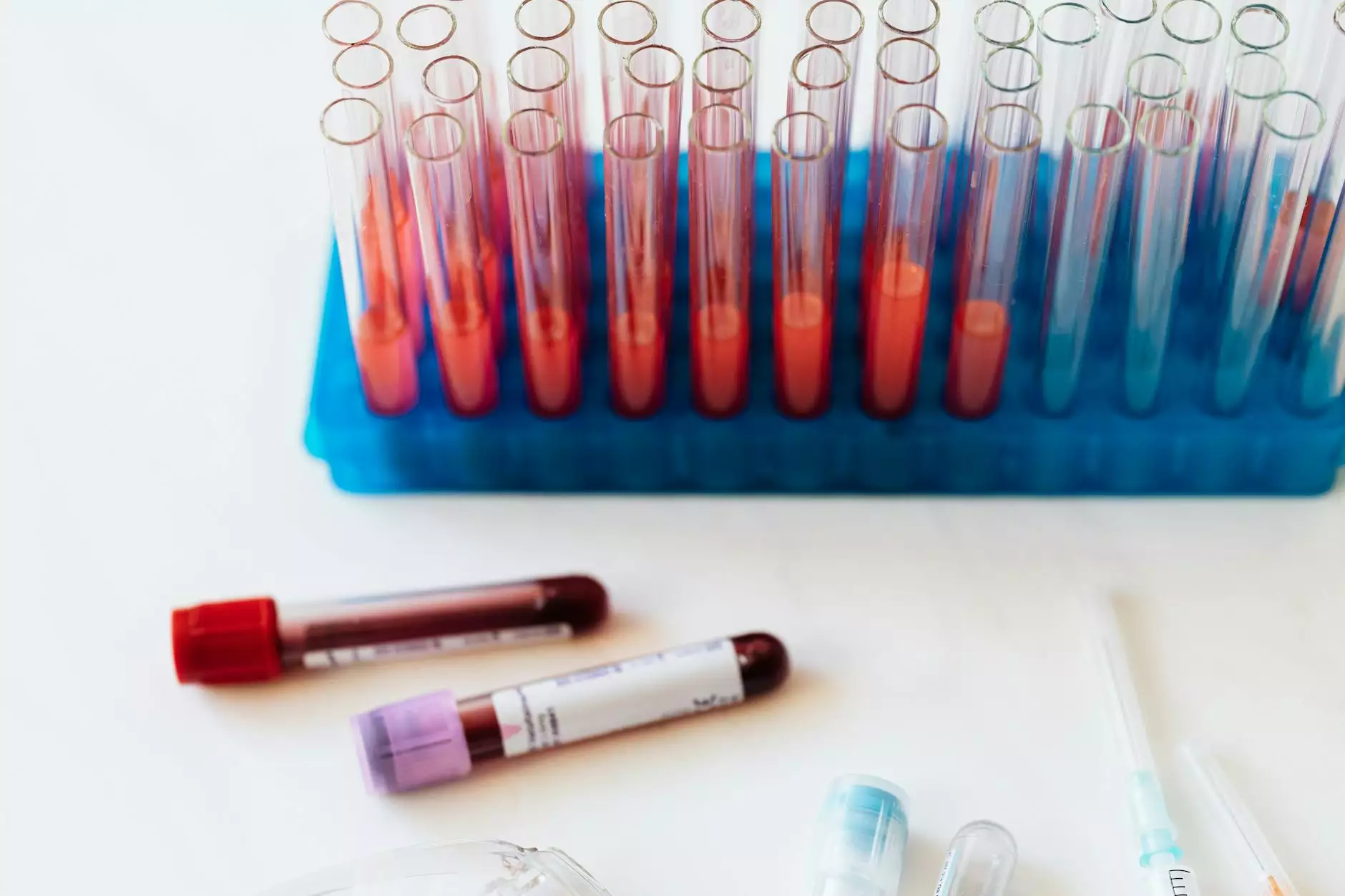Chemicals Used in Sugar Production: A Comprehensive Guide

The production of sugar is a complex process that involves several crucial steps, each requiring specific chemicals to ensure efficiency and safety. Understanding the various chemicals used in sugar not only aids in comprehending the sugar manufacturing process but also highlights their significance in industries such as water purification, water supply, and water stores.
1. Introduction to Sugar Production
Sugar is derived from various plants, primarily sugarcane and sugar beet. The extraction, purification, and crystallization processes are vital to producing high-quality sugar. With these processes, chemicals play a pivotal role in enhancing yield, improving clarity, and ensuring the end product's cleanliness.
2. The Role of Chemicals in the Sugar Industry
A variety of chemicals are utilized throughout the sugar production process. Here are some of the essential chemicals and their functions:
- Calcium Hydroxide (Slaked Lime) - Used in the clarification stage, it helps to neutralize acidic components and precipitate impurities.
- Carbon Dioxide - Introduced as a gas to react with lime, forming calcium carbonate, which clarifies the juice.
- Phosphoric Acid - Employed in the clarification process to aid in the removal of impurities from sugar juice.
- Activated Carbon - Used for decolorizing sugar by adsorbing colored impurities.
3. Specific Chemicals Used in Sugar Processing
Each chemical employed in sugar production serves a distinct and critical function:
3.1 Calcium Hydroxide
Calcium hydroxide, commonly known as slaked lime, is essential for purifying raw cane juice. When added, it reacts with organic acids and other impurities to form insoluble compounds that can be easily removed. This process is crucial for producing high-quality sugar and is a standard practice in the industry.
3.2 Carbon Dioxide
Carbon dioxide is often utilized post-lime addition, reacting to form a precipitate that aids further clarification. This natural process helps produce clearer sugar syrup, which is vital for quality sugar production.
3.3 Phosphoric Acid
This chemical is commonly used in various stages of sugar production to stabilize the juice and help precipitate impurities. Phosphoric acid is especially beneficial in processing beet sugar compared to cane sugar.
3.4 Activated Carbon
Activated carbon is another vital agent used to decolorize sugar syrup. Its porous structure allows it to trap colorants and impurities, significantly enhancing the purity and color of the final sugar product. The effectiveness of activated carbon makes it a staple in many sugar refineries.
4. Challenges in Sugar Production and Chemical Solutions
The sugar industry faces numerous challenges, including the need to produce sugar efficiently while maintaining environmental and health standards. Where challenges arise, chemicals provide solutions:
- Quality Control - By using chemicals wisely, producers can ensure consistent quality throughout the production process.
- Waste Management - Many chemicals aid in minimizing waste, thereby improving the environmental footprint of sugar production.
- Efficient Processing - The right chemicals can speed up processing times, leading to increased productivity.
5. Environmental Considerations in Sugar Production
While chemicals are crucial for sugar production, they also pose environmental risks if not managed properly. The sugar industry must balance chemical use with sustainable practices:
- Water Usage - Significant amounts of water are used; thus, chemical solutions must also focus on water purification and recycling.
- Waste Treatment - Chemicals can produce waste that needs careful treatment to minimize environmental impact.
- Biodegradability - Where possible, using biodegradable chemicals helps reduce the environmental footprint of sugar production.
6. The Importance of Water Purification in Sugar Production
Water is a fundamental ingredient in sugar production, and its purity is critical. Utilizing advanced water purification services ensures that the sugar produced is not only high in quality but also safe for consumption. Here’s how water purification intersects with the sugar industry:
- Source Control - Using purified water prevents impurities in the final sugar product.
- Chemical Reduction - With good purification, the need for extensive chemical treatment is reduced.
- Taste and Quality - Purified water contributes to the better taste and quality of sugar solutions.
7. Conclusion
Understanding the diverse chemicals used in sugar production is crucial for stakeholders in the sugar industry. Each chemical plays a unique role in ensuring sugar is produced efficiently and meets safety and quality standards. Furthermore, integrating water purification services effectively contributes to sustaining the quality of sugar while also addressing environmental concerns. By carefully selecting and managing the use of these chemicals, businesses can enhance their operations, reduce waste, and produce safer, higher-quality sugar products.
In conclusion, as the demand for sugar continues to grow, the focus on quality, efficiency, and sustainability will lead to innovations in the use of chemicals and practices in the industry. For more information on effective water solutions for sugar production, visit bimakskimya.com.tr.
chemicals used in sugar








